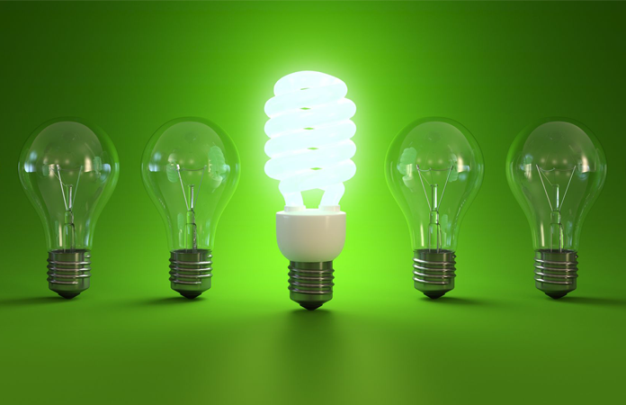In cities like New York, a city that has more than 8 million people and lots of business buildings, lighting becomes more important as energy consumption increases. It is known that buildings are responsible for consuming 42% of energy worldwide, and considering the constant rise in energy prices, there must be a commitment by companies to reduce this consumption by different strategies.
Then we provide you with some recommendations that will allow companies to save energy through efficient lighting management:
Handle lighting schedules: Having systems to make a time schedule for the lights to be turned on or strategically turned off, with the aim of reducing human error and achieve having a savings can be between 5% and 20%.
Occupancy sensors: this system detects the presence of people. This means that while a space is empty, the sensor keeps the lights off or very attenuated. The sensor makes the area have the light you need, when you need, generating savings variable depending on the area being intervened.
Adjusting lighting levels: this strategy is not to let the lamps work at full load, but 70% or 80% without the eye detects any variation. The lamps have a lifespan that is decaying with time. What makes this system is to reduce the loss of life to not require frequent change and energy save time.
Custom Control: This strategy is mostly used in offices closed and contains all of the above. The light is suitable to the level, allowing comply with the regulation of lighting, but can also have a manual control of it.
Daylighting control: through daylight sensors that detect natural lighting in a space, an adjustment with artificial light depending on daylight hours is made. This strategy has an impact even on the air conditioning because energy besides becoming light is converted to heat and generating the dimming the lamp to warm less and you require a lower amount of air conditioning to offset the required temperature level.
In addition to this, experts give some more tips to generate energy savings:
- Whenever possible, take advantage of natural lighting.
- Use light colors on the walls and ceilings allows you to reduce artificial lighting.
- Turn off lights in rooms you are not using.
- Minimize outdoor decorative lighting: gardens, swimming pools, etc.
- Keep clean the lamps and screens, increase the brightness without increasing power.

